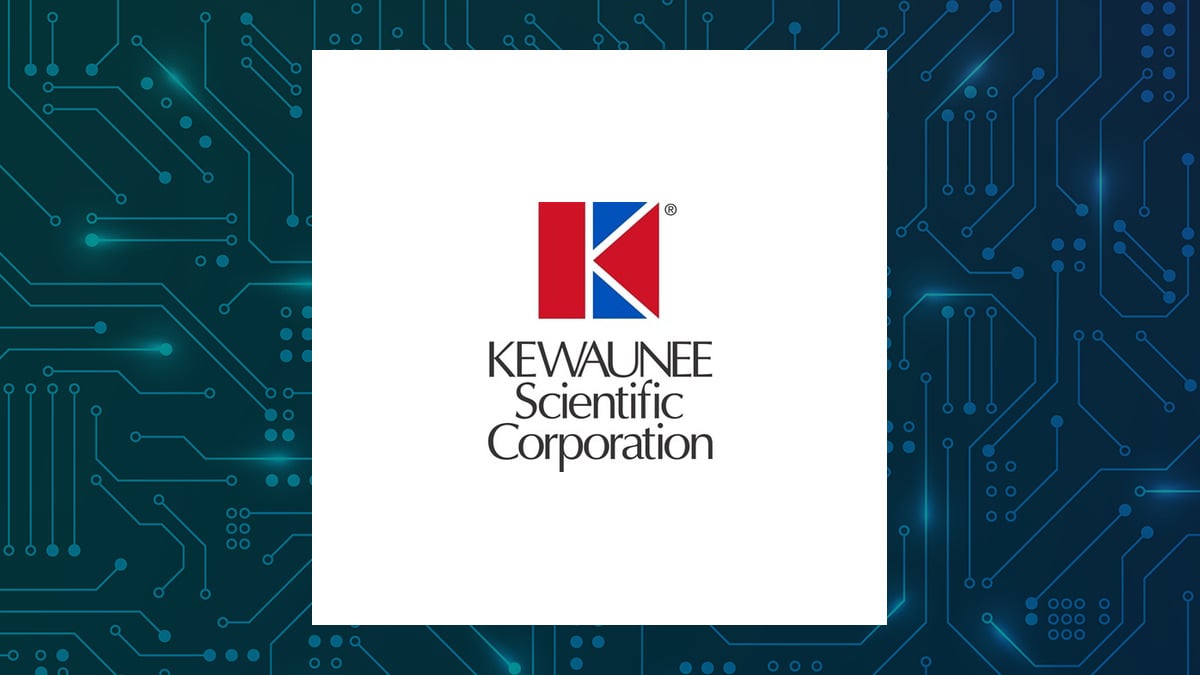Canada is contending with a major measles outbreak — and Ontario is at the epicentre. There were 656 new cases reported in the province in the first three months of 2025 alone — accounting for a staggering 90 per cent of the country’s total new cases this year — and that number increased by more than 250 in the first two weeks of April. Although there is a vaccine to prevent the disease, the majority of those infected in Ontario are unvaccinated, which has prompted school boards in Ontario to suspend any students with out-of-date immunization records.
But systemic shortcomings mean some vaccinated children may face suspensions because of poor (or non-existent) record-keeping. The issue is that there is no centralized database of vaccine records, explains Shelly Bolotin, an associate professor at the Dalla Lana School of Public Health and the director of the Centre for Vaccine Preventable Diseases . This means that there’s no definitive way to check whether or not someone has been immunized, or the timing of those immunizations.

The documentation that does exist — such as Ontario’s yellow paper checklist of childhood vaccines — is far from ideal: the onus is on the patient (or their parents) to keep tabs on the card. According to a 2024 statement from the Ontario Immunization Advisory Committee (OIAC), the province lacks “a reliable, complete or timely” system to record vaccinations. As Bolotin points out, this is also an equity issue: “It’s easier for people who have a health care provider to find their vaccine status,” she says, noting that we need that information to recognize and address gaps in vaccination coverage.
Bolotin would like to see a centralized registry that would be confidential and accessible to patients, those administering vaccinations, and doctors and other practitioners who help individuals make medical decisions. Ideally, this system would be standardized across the province — or better yet, across the country. It seems like a simple, obvious solution, but there are a number of roadblocks hampering the development of such a registry.
Cost, a dearth of legislation making immunization documentation mandatory, the fact that vaccines can be administered in a range of contexts (from doctors’ officers to pharmacies to public health units) and other factors add complications to the prospect of a publicly funded system for vaccine records. In the meantime, the existing gap in accessing medical data has led some innovators to develop their own solutions. Toronto-based Pocket Health has created a digital platform that allows patients to store and organize health care documentation.
The company’s technology puts users in “the driver’s seat” when it comes to their own care, says co-founder and CEO Rishi Nayyar. While there’s no way to officially verify uploaded records, the platform means the crucial information on that slip of paper or yellow card won’t disappear into the ether if the hard copy gets misplaced. “Everything is so fragmented right now, but patients can have their lab results sitting alongside their imaging records alongside their vaccine records, which is really, really useful,” Nayyar says.
“The number one desire is to have all their records in one place.” Blumind’s big raise for low-power chip tech Artificial intelligence has a real problem: running the technology requires a massive amount of power. Ottawa-based Blumind is hoping to solve that by creating more energy efficient computer chips.
“Machine learning is extremely energy intensive and there are serious sustainability challenges in the long term,” explains CEO and co-founder Niraj Mathur. The company recently closed $20 million in Series A funding, which will help expedite the process of commercializing its chip tech. Unlike traditional processors, which use thousands of transistors to relay code, Blumind’s chips are inspired by the human brain, which Mathur says allows for more efficient support of AI’s neural network.
“Our brains consume very little energy,” he says, “just 20 watts to do workloads that would take many orders of magnitude and energy for graphic processing units running machine learning algorithms.” In addition to refining the company’s built-from-scratch chip tech, the Series A capital will be used to develop more complex devices and explore applications on larger neural network models. Teamwork makes the dream work for health innovation Two Canadian medtech startups have adopted strategies that suggest collaboration could be a key ingredient in discovering life-saving medications.
Toronto’s AmacaThera has partnered with a global pharmaceutical firm to develop a single-injection biologic. This class of drugs is sensitive to changes in the environment, and the hope is that AmacaThera’s proprietary hydrogel formula will be a boon in bolstering stability with the aim of commercialization. Meanwhile, Vancouver’s ViewsML is collaborating with the Department of Pathology and Laboratory Medicine at Dartmouth Hitchcock Medical Center to develop AI diagnostic tools.
ViewsML will have access to Dartmouth’s extensive infrastructure to accelerate its research on virtual biomarkers. Joining forces for cancer research The Terry Fox Foundation has announced a new partnership with VC firm Lumira to amplify investments in companies with a focus on cancer innovation. The Cancer Breakthrough Fund will support mission-driven entrepreneurs in search of novel therapies for cancer patients.
Ontario unveils new Technology Development Sites The Ontario Centre for Innovation (OCI) has designated 10 locations across the province where SMEs developing novel solutions in mining, agri-food, construction and advanced manufacturing will have access to state-of-the-art facilities to test their innovations. The new Technology Development Sites can be found at the Cambrian College Centre for Smart Mining, the NORCAT Centre, the Vineland Research and Innovation Centre, the Centre for Meat Innovation & Technology, Evergreen Brick Works, McMaster University, the University of Waterloo RoboHub, the uOttawa-IBM Cyber Range, ventureLAB and Artificial Intelligence for Advanced Manufacturing (AI4AM) at Lambton College. New CEO for Communitech Communitech , a hub for Kitchener-Waterloo’s innovation ecosystem, has a new boss.
Sheldon McCormick, a co-founder and COO at Properly, intends to bring a founder-first mindset to the role. By the numbers 58: The number of units that Intelligent City’s tallest building will have. The new building is set to be the highest structure constructed from mass timber in Toronto.
3.7 million: The estimated number of tonnes of carbon dioxide removal that Vancouver’s CO280 sold to Microsoft. As a part of the 12-year deal, CO280 will remove the emissions from an American paper mill.
.
Business

Tech Update: Measles outbreak highlights need for accessible, accurate health info

Plus, Blumind’s smart, sustainable chip tech, and health startups forge key partnerships














